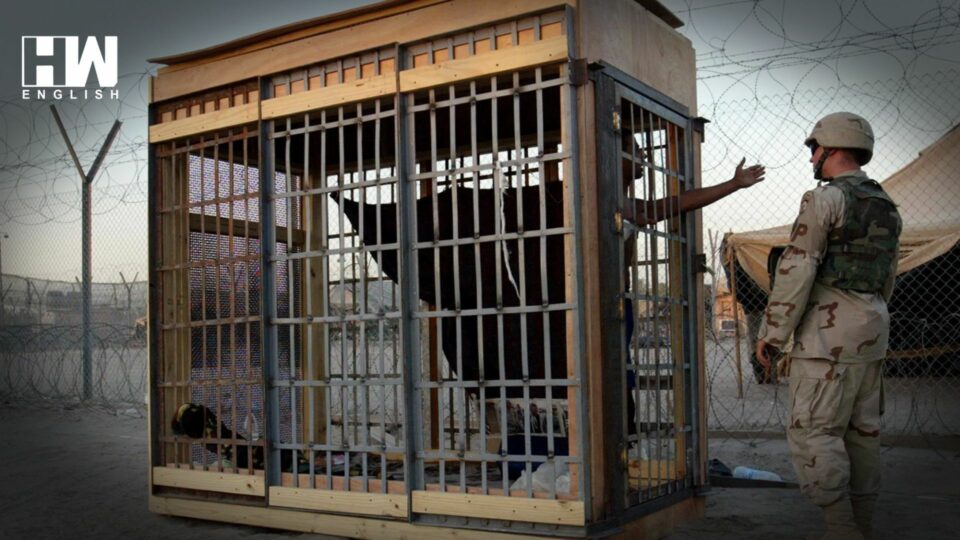Twenty years after the shocking photos of prisoner abuse at Iraq’s Abu Ghraib prison were released, three survivors of the atrocities are finally getting their chance to seek justice. Starting this week, they will have their day in a U.S. court against the military contractor they hold responsible for their mistreatment.
The civil trial, set to begin on Monday in a U.S. District Court in Alexandria, Virginia, will be the first time that Abu Ghraib survivors can bring their claims of torture to a U.S. jury. The defendant is CACI, the Virginia-based contractor that supplied the interrogators who worked at the notorious prison.
Also Read: Taliban Aims To Restore Land To Afghan Sikhs, Hindus
CACI has denied any wrongdoing, arguing that its employees did not directly inflict abuse on the plaintiffs. However, the survivors seek to hold the contractor responsible for creating the conditions that enabled the torture they endured. Evidence from government investigations has indicated that CACI interrogators instructed military police to “soften up” detainees before interrogations.
Retired Army General Antonio Taguba, who led an investigation into the Abu Ghraib scandal, is expected to testify at the trial. His inquiry concluded that at least one CACI interrogator should be held accountable for these abusive instructions.
The plaintiffs’ accounts of their mistreatment are harrowing. Suhail Al Shimari has described sexual assaults, beatings, and being shocked with electricity and dragged by a rope around his neck. Former Al-Jazeera reporter Salah Al-Ejaili says he was subjected to stress positions that caused him to vomit, deprived of sleep, and forced to wear women’s underwear.
CACI, however, has argued that the U.S. military, not its employees, was responsible for the conditions at Abu Ghraib. The company has repeatedly tried to have the case dismissed over the years, but the U.S. Supreme Court rejected its latest appeal in 2021, clearing the way for the trial.
The plaintiffs’ significant obstacle is the U.S. government’s potential assertion of state secrets privilege. Both sides have complained that the government’s secrecy claims have hampered their ability to present evidence. The judge has warned the government that it must have a genuine state secret to justify blocking any testimony.
The trial is scheduled for two weeks, and only one of the three plaintiffs, Salah Al-Ejaili, is expected to testify in person. The other two will appear remotely from Iraq. Regardless of their alleged crimes, the judge has made clear that the abuse they endured cannot be justified.
After two decades, the survivors of the Abu Ghraib atrocities are finally getting their chance to seek accountability for the horrors they experienced. This long-awaited trial represents a crucial step in their quest for justice and closure.
As an independent media platform, we do not take advertisements from governments and corporate houses. It is you, our readers, who have supported us on our journey to do honest and unbiased journalism. Please contribute, so that we can continue to do the same in future.

